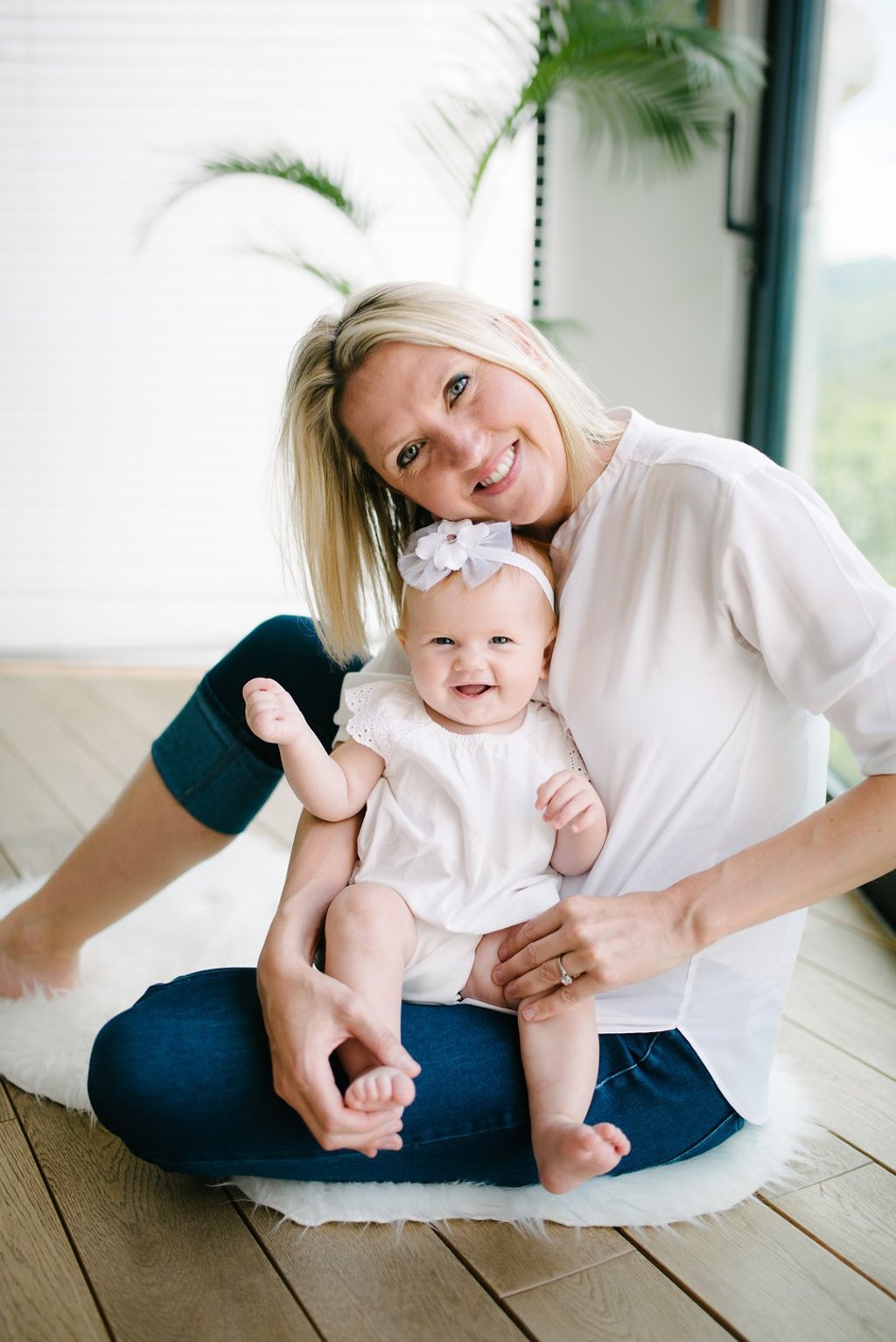Postnatal depression: it can strike at any time, but sharing experiences allows women to help each other
- Dr Katie Larson asked friends and family to monitor her for postnatal depression after she gave birth, because her mother suffered for two decades
- Her depression hit a year later and she only realised after a friend had the same symptoms

When Dr Katie Larson discovered she was pregnant, she asked her friends, family and midwives to monitor her for any signs of post-birth depression. Having witnessed her own mother’s two-decade battle with postnatal depression, which came to light when she attempted to take her life, Larson understood the need to warn her support network of the signs and how best to support her.
But Larson’s depression went unnoticed because it came on a year after her child was born and the symptoms were unlike her mother’s which were more mental – negative thoughts and worry. Larson felt exhaustion, apathy and a lack of emotions.
“I did not show any signs of depression for a year, so when it hit me, it was hard for my support network to take notice and help,” says Larson, a growth transformation coach at GrowthQuests in Hong Kong’s Central district.

Larson attributes her depression to the lack of a creative outlet outside the home, which led to boredom and exhaustion.“Although I was doing loads of things inside the home to care for my child, I found it wasn’t stimulating enough for my whole being, so I was getting tired of only using the mother side of me all day. This was depressing because the sides of me that had historically given me the most joy were dormant,” she recounts.